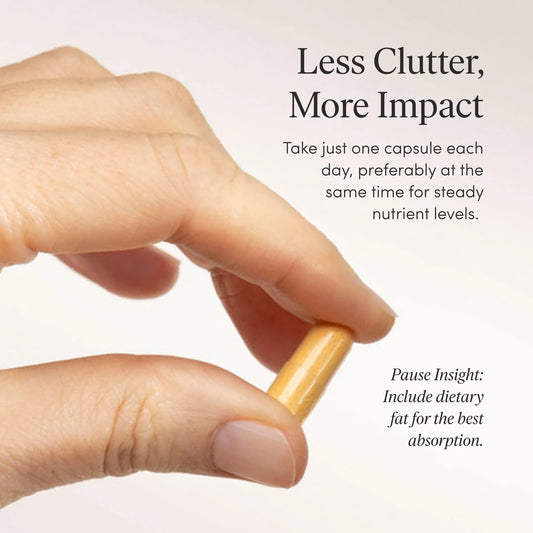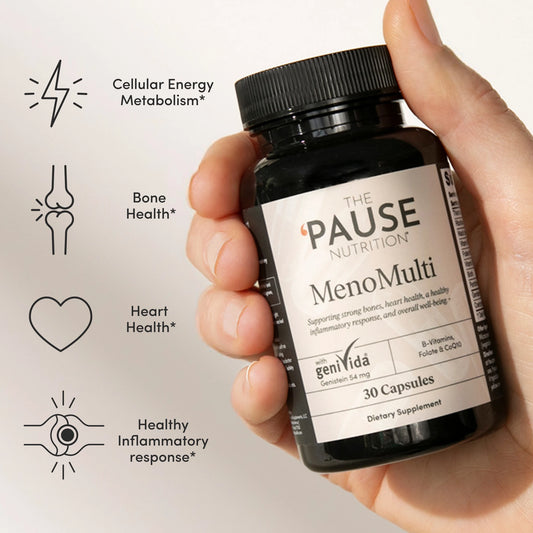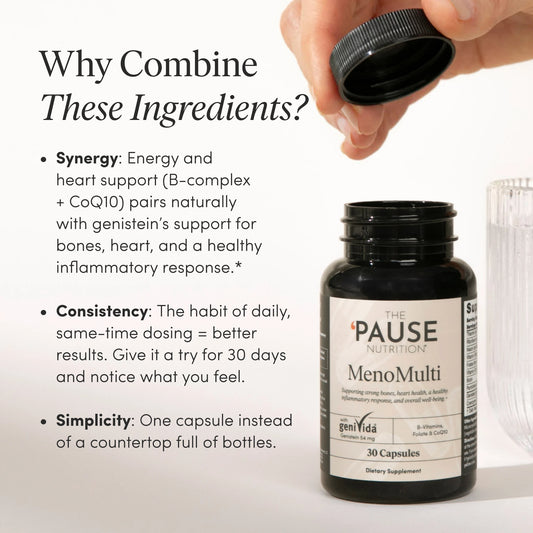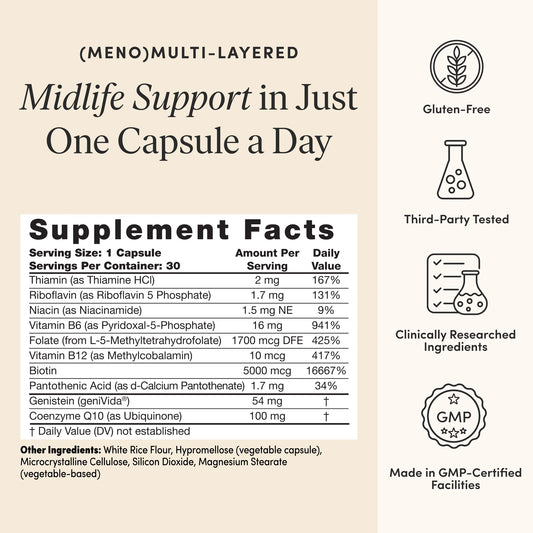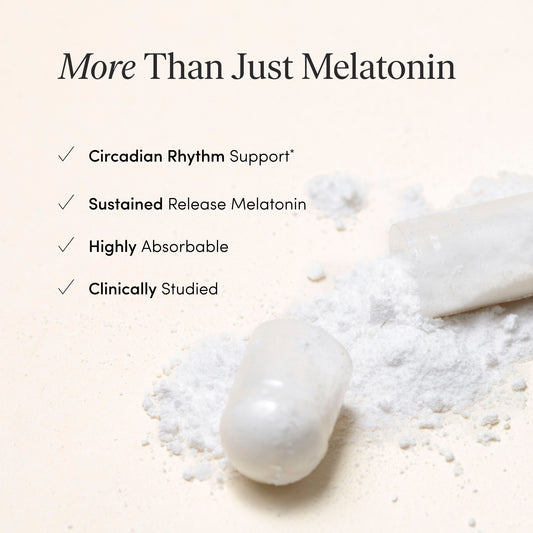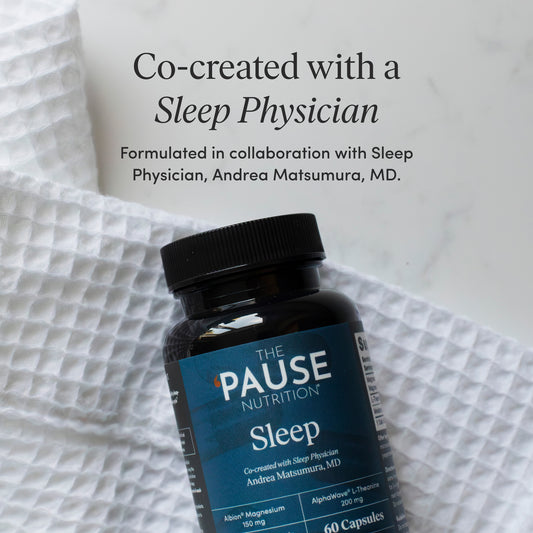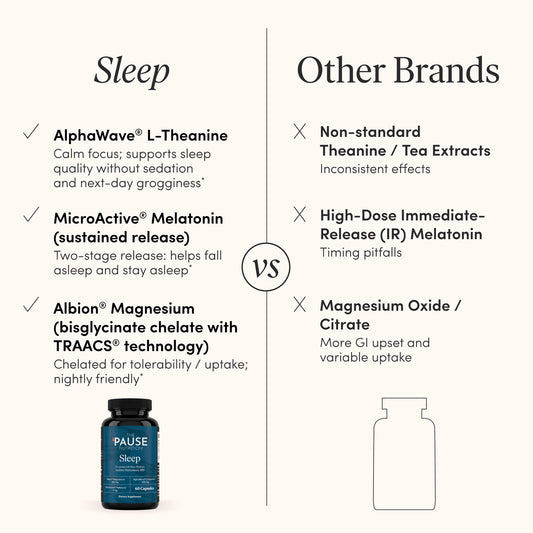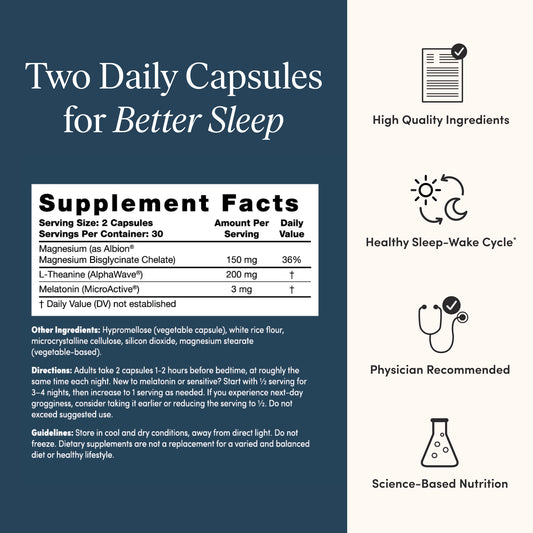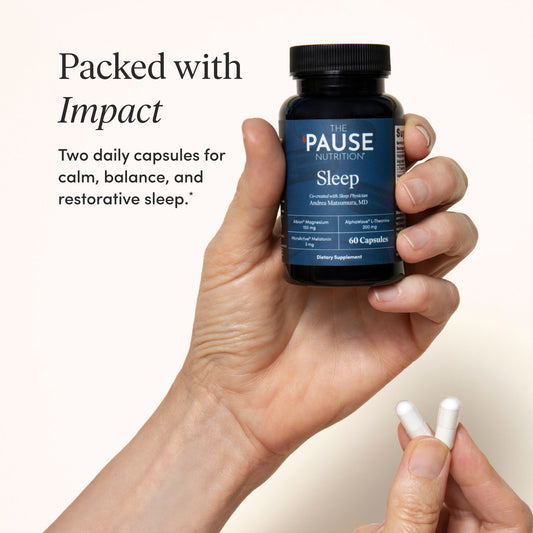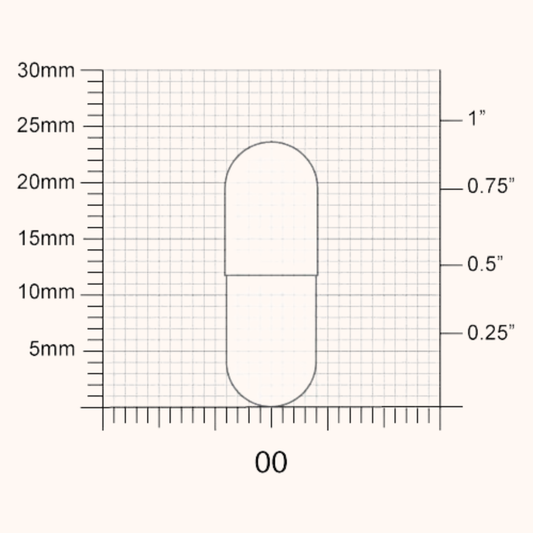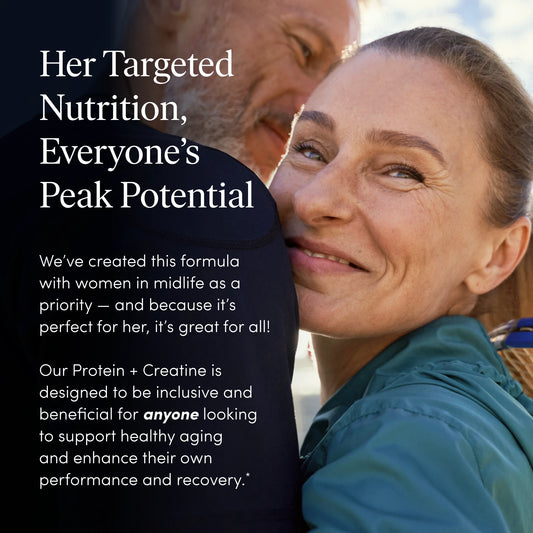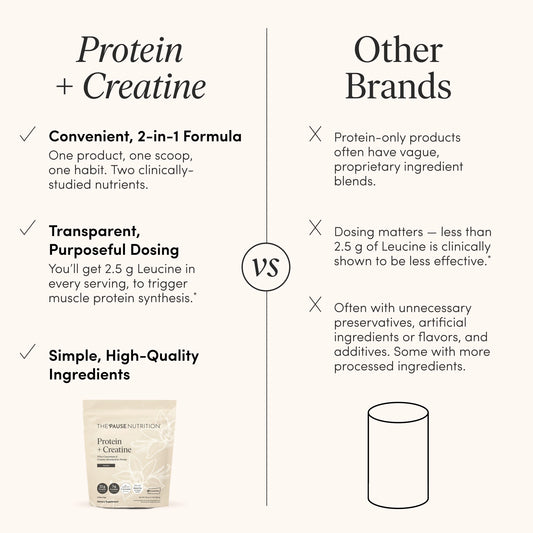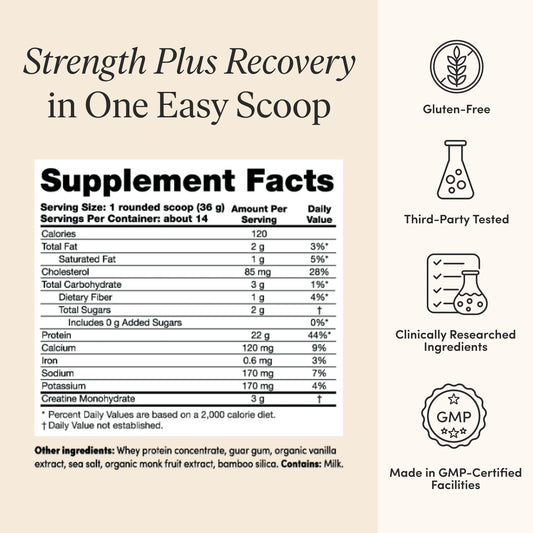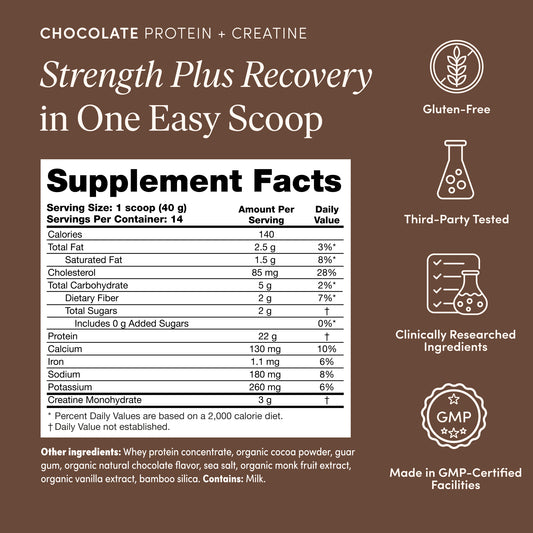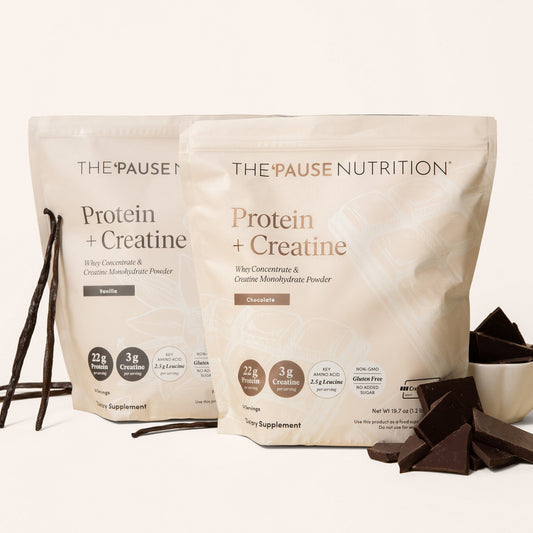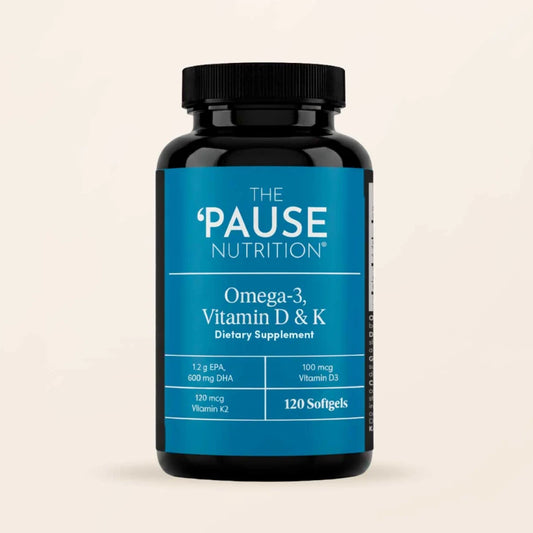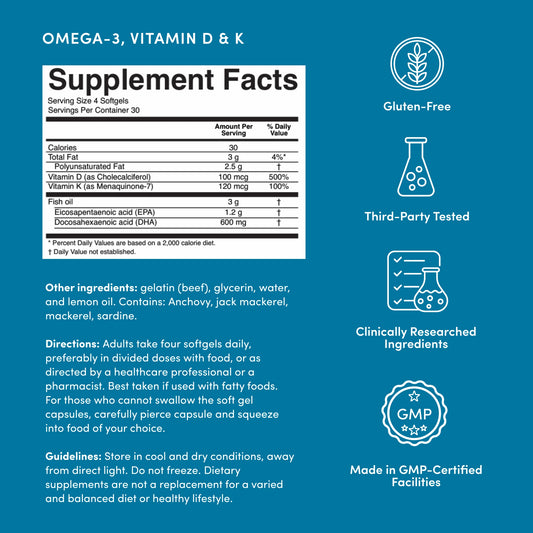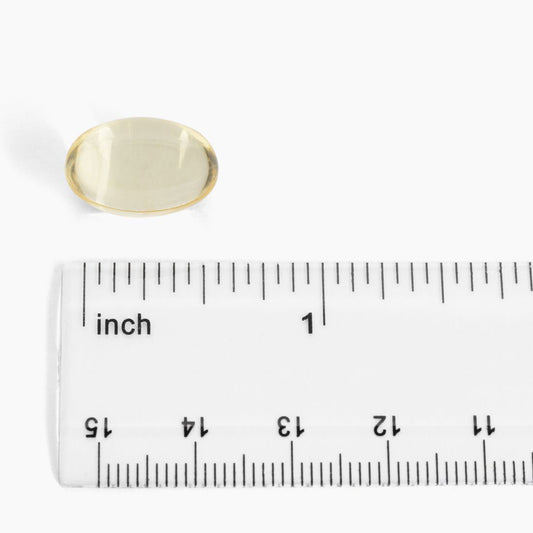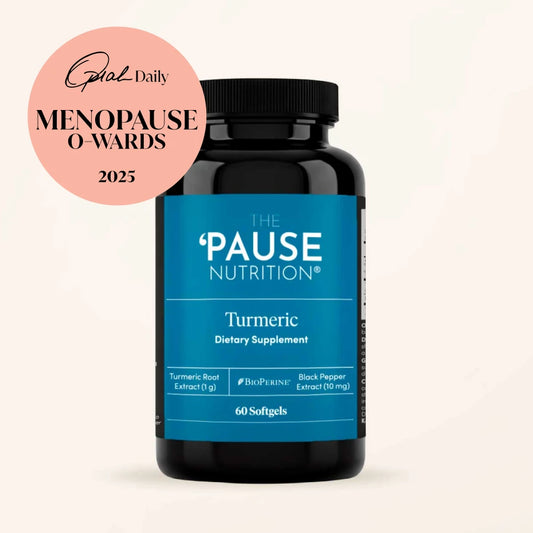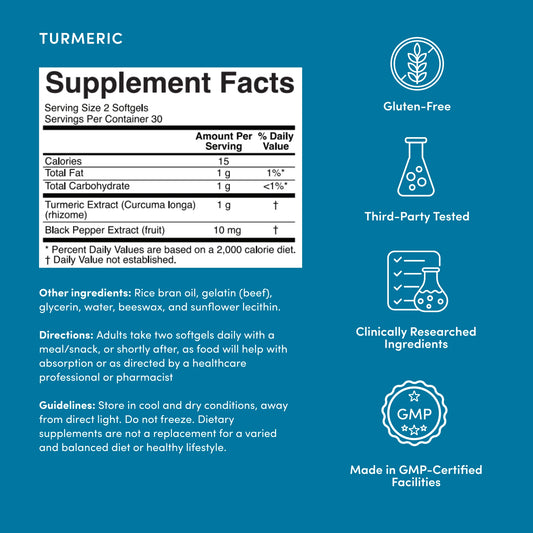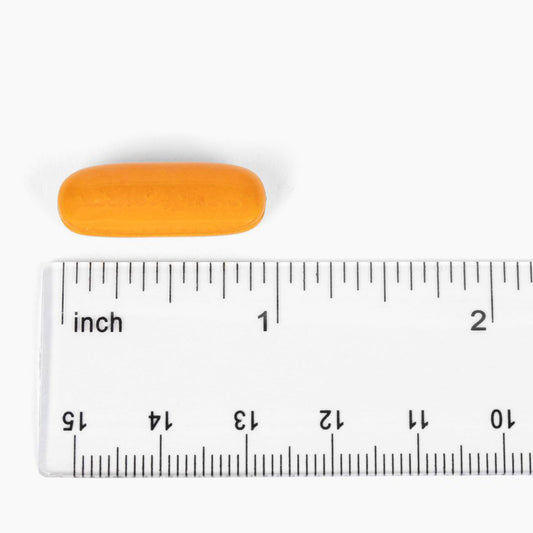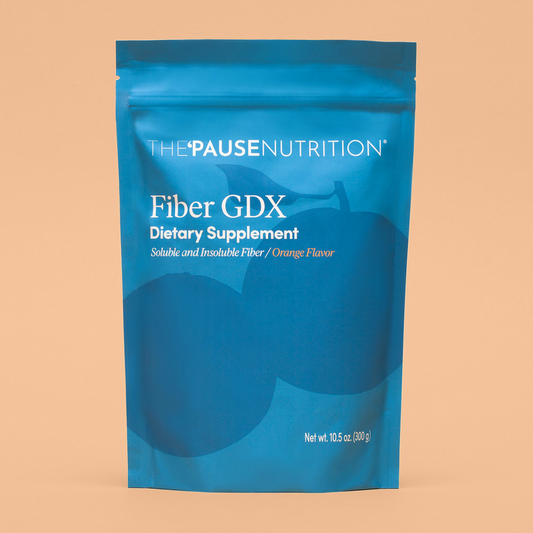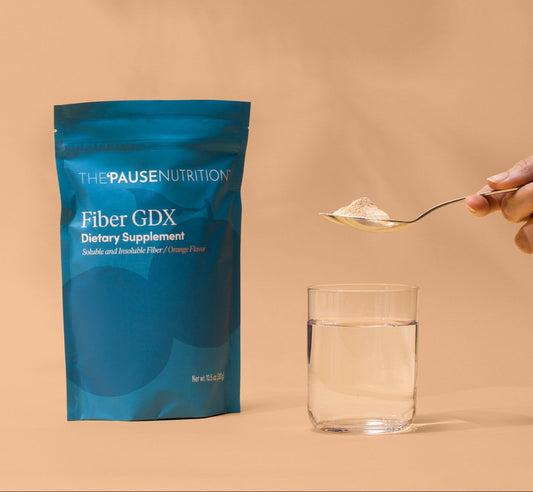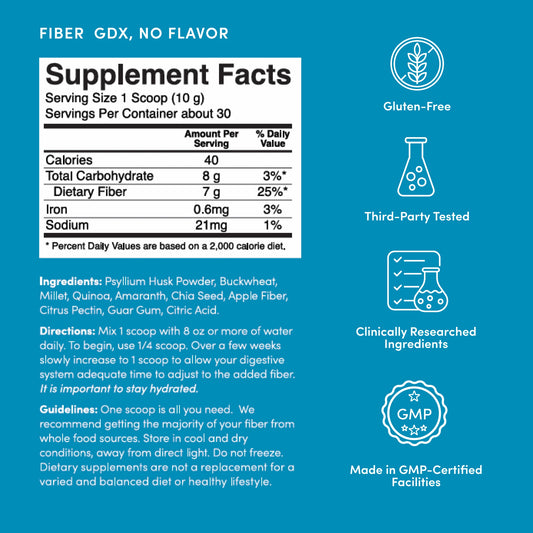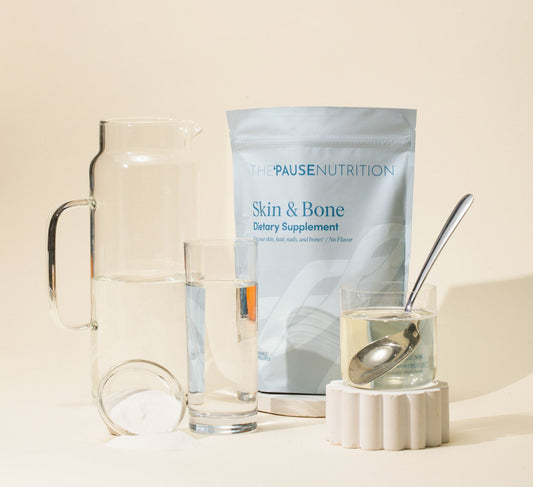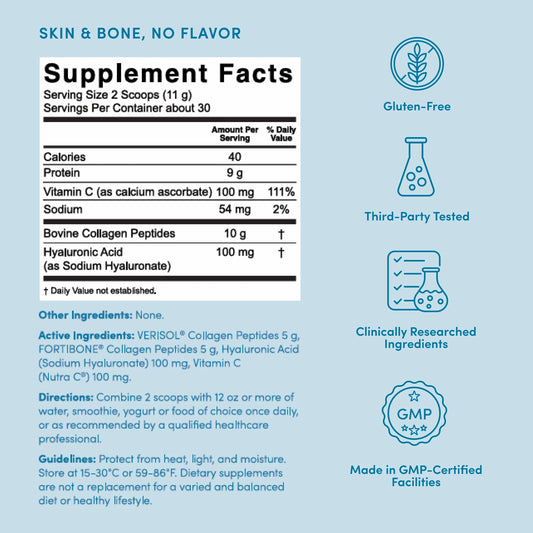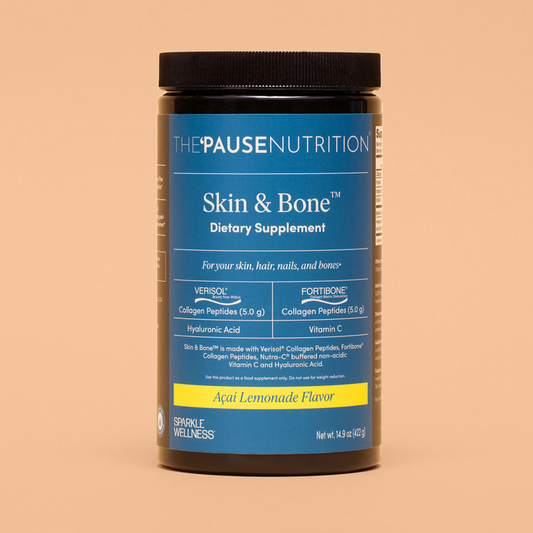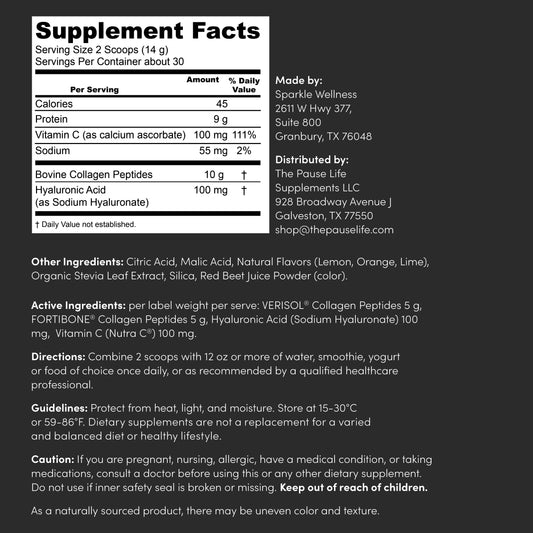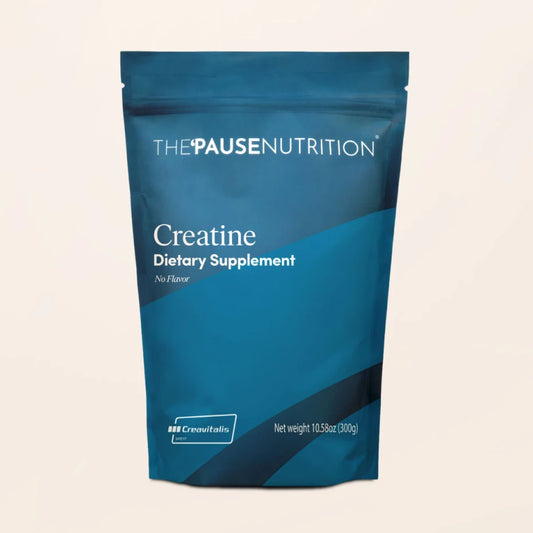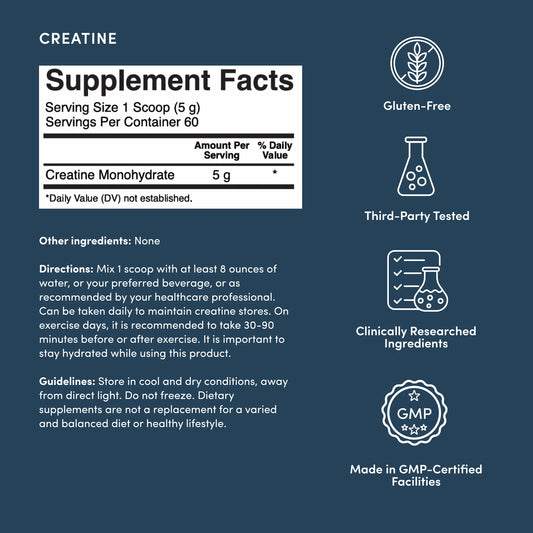Misconceptions Around Hormone Replacement Therapy

Share
Why Doesn't Your Doctor Offer Hormone Replacement Therapy?
I just received this heartbreaking letter from a 46-year-old woman who has had three women's health clinicians refuse to prescribe hormone therapy.
Too many frustrated women are still leaving comments on my Instagram feed, in Facebook groups and on Reddit about how their clinicians are refusing to prescribe hormones to treat their menopausal symptoms. The fact that this is still happening, in 2025, when there are so many studies, treatment guidelines and science-backed books detailing the safety and efficacy of menopausal hormone therapy (MHT), makes me angry and sad at the same time.
Here are some of the uninformed - and frankly ridiculous - reasons I've seen for doctors refusing to prescribe hormone therapy lately.
- You're just 46 - that's too young for menopause symptoms.
- Your bloodwork is normal, so you can't be in perimenopause.
- Someone in your family had breast cancer, so you can't use hormones.
- The pharmacy in your state (Idaho in this case) won't dispense them.
This scenario is playing out for women presenting with classic symptoms, such as hot flashes, night sweats and insomnia, which are all improved with MHT. Instead, they're being asked if they're depressed and offered antidepressants1 or sleeping pills, both of which can produce some undesirable side effects.
If you’ve had problems getting the help you need to deal with menopausal symptoms; you’re not alone. Despite the discomfort women experience throughout menopause and therapeutic options that could improve their quality of life and possibly prevent a number of chronic illnesses, only a small fraction of women are treated properly.
According to a Yale University study2 that examined insurance claims from over 500,000 women in various stages of menopause, while 60% of women with significant menopausal symptoms sought medical assistance, more than 75% went untreated.
It is time to make a change. No longer should only a small number of menopausal women receive the medical attention they deserve.
Why Is This Happening?
There are many reasons why some doctors, despite their commitment to do no harm, are unprepared to offer meaningful care during this critical transition. The truth is, most were never trained to recognize or treat the full spectrum of menopausal symptoms. This isn't about bad intentions - it's about a glaring gap in medical education. According to an AARP article, “What Doctors Don’t Know About Menopause“, a recent survey found that only 20% of OB-GYN residency programs include any formal menopausal training.3 Until this changes, too many women will continue to feel dismissed, misdiagnosed, or inadequately supported at a time when they need informed care the most.
- The AARP article quotes Philip M. Sarrel, Professor Emeritus of Obstetrics, Gynecology and Reproductive Services, and Psychiatry at the Yale School of Medicine “Doctors are not helpful. They haven’t had training, and they’re not up to date.”
- A 2019 Mayo Clinic survey4 found that only 6.8% of medical residents felt prepared to treat menopausal women. Another 24% said they wouldn't prescribe hormone therapy to a symptomatic menopausal women - even if she had no health risks for taking hormones.
It's not just medical residents who lack education in menopause care. Many experienced clinicians were also never taught this material during their training, and ongoing professional education in this area remains limited. The result is a healthcare system where even well-meaning practitioners may not feel equipped to address the complex needs of menopausal patients. Some have internalized the belief that menopause is simply a natural phase to be endured, rather than a biological transition that can be safely and effectively treated.
Widespread misconceptions about hormone therapy persist, largely rooted in outdated interpretations of the Women's Health Initiative (WHI) study, which was first published in 2002. Despite two decades of follow-up research and updated clinical guidelines from The Menopause Society and other leading institutions, many clinicians continue to overestimate the risks and underestimate the benefits of hormone therapy.
This isn't about individual failings - it's about systemic gaps in education, communication and ongoing medical training. Until we address those gaps, too many women will continue to be underserved during one of the most significant health transitions of their lives.
What Are The Misconceptions Surrounding HRT?
The Women’s Health Initiative (WHI) was a multi-state study of 68,000 women that looked into ways to protect postmenopausal women from acquiring heart disease, breast and colorectal cancer, and osteoporosis.5 Some preliminary data from the WHI study was leaked to the media, which resulted in sensational headlines and news reports that hormone therapy caused breast cancer and did nothing to decrease cardiovascular risk.
This led to the now widely publicized – but false – belief that all hormone replacement therapy raises the risk of cardiovascular events and breast cancer. According to participants in the study, the early findings associating hormone replacement treatment (HRT) to breast cancer and heart attacks were deceptive. We now know the way the study was designed, the age of the women in the study and the kinds of hormones used played a role in those negative findings.
The WHI study consisted of two research arms and women in each had two very different outcomes, which have been extensively misunderstood. In one part of the study, women were given both horse estrogen pills (Premarin) and synthetic progestin (Provera), while in the other, just equine estrogen was used (Premarin). The women in the estrogen-only part of the study found no statistically significant increase in the risk of breast cancer. In fact, despite the use of a stronger, significantly more estrogenic medicine, the incidence of breast cancer decreased for these women compared to the control group.6 They also saw lower risk of Alzheimer's disease, osteoporosis and cardiovascular disease - but these benefits didn't get much publicity.
In contrast, some of the women who took equine estrogen (Premarin) and progestin (Provera) reported a very modest increase in breast cancer risk over time. They were mostly the women in their 60s and early 70s who weren't having menopausal symptoms any longer. The younger women under 60 in the estrogen and progestin group benefitted from less colon and endometrial cancers and lower rates of hip fractures.
For older women, researchers now know that deciding whether to start MHT requires a nuanced discussion of timing and whether the benefits outweigh the risks for each woman.
While the study’s objectives were noble, subsequent media coverage, news disinformation, and medical community misinterpretation of the study’s findings planted anxieties and suspicions about hormone replacement that have persisted to this day. Fear and sensationalism triumphed over science, and, for both doctors and patients, hormone replacement therapy became a source of anxiety.
The type of hormones used in the WHI study are rarely prescribed anymore. The modern standard is plant-based bioidentical estrogen and progestin that the body recognizes and can use easily. Unfortunately, fear lingers, and due to the WHI study, cancer warnings are stamped on every single form of estrogen, including ones that were never studied, such as transdermal patches, vaginal cream and bioidentical hormones.
Dr. Wulf H. Utian, a prominent gynecologist and former Executive Director of The Menopause Society (formerly The North American Menopause Society) said, “good science became corrupted and eventually caused substantial and ongoing harm to women for whom proper and useful therapy was either terminated or never began.”
What Can You Do?
The fact that you are reading this blog and educating yourself about menopausal women’s health issues is a fabulous first step. The more you know, the less likely you are to be one of the menopausal women who spend a third or more of their lives coping with menopausal symptoms and issues and having no understanding of what to expect, how to respond, or what treatment choices are available.
Effective treatment not only alleviates symptoms such as hot flashes, mood swings, sleep difficulties, and visceral “belly fat” accumulation, but it also plays an important, if not critical, role in preventing chronic diseases that beset aging women.7
Share some knowledge. Let your clinician know that you've educated yourself about MHT risks and benefits through reading articles like this one, my Menopause Empowerment Guide and books such as The New Menopause, Estrogen Matters, Grown Woman Talk and The Menopause Brain. Maybe all they need is a little nudge to get up to date on the most effective treatment option for menopausal symptoms.
Change doctors. If your clinician won't engage in a discussion about the risks and rewards of hormone therapy, if they tell you menopause is a natural process everyone endures or the MHT is harmful, it's time to seek medical care elsewhere. Look for a Menopause Society Certified Practitioner. The letters MSCP after a clinician's name means they have passed a rigorous exam and do continuing education to stay up to date. You may also find a local healthcare professional on The 'Pause Life Clinician's List.
Use a telemedicine service. I know how hard it can be to call around looking for doctors accepting new patients, let alone arranging your schedule or waiting for an appointment. The advent of online hormonal healthcare is one of the best innovations for women everywhere. Midi Health offers insurance-covered telehealth care for perimenopause and menopause with expert clinicians, and is a great option if you cannot find adequate in-person care.
I strongly encourage you to continue learning, asking questions, and advocating for the best possible quality of life for yourself.
Sources
- https://www.bmj.com/content/384/bmj.q220
- https://medicine.yale.edu/news-article/the-high-cost-of-hot-flashes-in-menopause/
- https://www.aarp.org/health/conditions-treatments/info-2018/menopause-symptoms-doctors-relief-treatment.html
- https://www.mayoclinicproceedings.org/article/S0025-6196(18)30701-8/abstract
- https://www.nhlbi.nih.gov/science/womens-health-initiative-whi
- https://pubmed.ncbi.nlm.nih.gov/32721007/
-
https://www.ahajournals.org/doi/10.1161/CIR.0000000000000912
This article contains affiliate links.


















